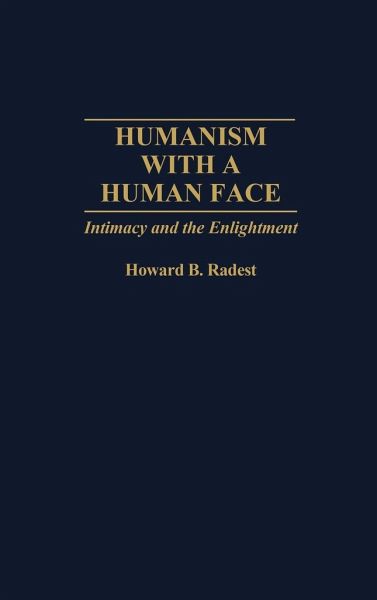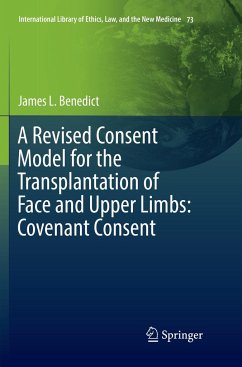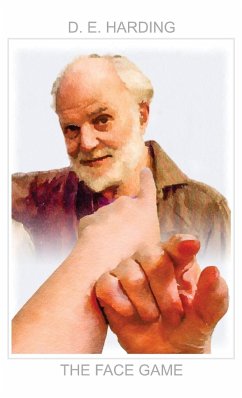
Humanism with a Human Face
Intimacy and the Enlightenment
Versandkostenfrei!
Versandfertig in 1-2 Wochen
87,99 €
inkl. MwSt.

PAYBACK Punkte
44 °P sammeln!
Beginning with the thesis that Humanism has its roots both in the Enlightenment and in Transcendentalism, this book explores the consequences of taking such a point of view. Radest criticizes the desertion of Enlightenment values such as freedom, human solidarity, and rationality, as well as the failure of Humanists to understand the subjective and emotional features of their history. Out of this exploration, which is a consequence of both personal experience and philosophic analysis, Radest concludes that Humanism, and by implication, modernism are still dynamic and relevant modes of response...
Beginning with the thesis that Humanism has its roots both in the Enlightenment and in Transcendentalism, this book explores the consequences of taking such a point of view. Radest criticizes the desertion of Enlightenment values such as freedom, human solidarity, and rationality, as well as the failure of Humanists to understand the subjective and emotional features of their history. Out of this exploration, which is a consequence of both personal experience and philosophic analysis, Radest concludes that Humanism, and by implication, modernism are still dynamic and relevant modes of response to the problems of human beings.












